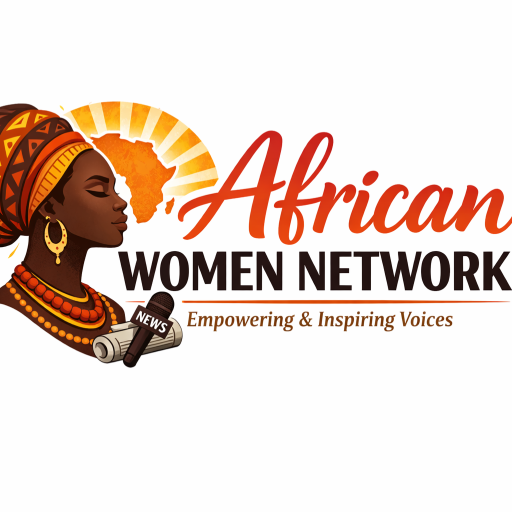
Ethiopia is strengthening its health system to address gaps in access to sexual and reproductive healthcare, which have been exacerbated by the COVID-19 pandemic and ongoing humanitarian crises.
This effort aims to make essential services more accessible to women and adolescents in remote and crisis-affected areas.A key component of this initiative is the promotion of self-care by providing individuals with the knowledge and tools needed to manage their own sexual and reproductive health.
This includes safe, simple, and affordable practices for family planning, HIV prevention, cervical cancer prevention, nutrition, and maternal and adolescent health. For example, access is being improved for contraceptives, pregnancy tests, and HIV self-test kits, all supported by educational guidance. Additionally, it covers the self-management of medical abortion in accordance with national legislation that allows the procedure under specific conditions.
With support from the World Health Organization (WHO), health authorities have developed the National Self-Care Intervention Guideline, which focuses on interventions for women’s, adolescent, and child health. These guidelines have been integrated into key national policy frameworks related to family planning, safe abortion care, teenage pregnancy reduction, and sexual and reproductive health responses in humanitarian settings.
Health workers across the country are being trained to teach these self-care tools. The initiative began with a workshop in June 2024, attended by 38 public health officials from the Ministry of Health, Regional Health Bureaus, and other organizations. This training was subsequently extended to the sub-national level in October 2024, equipping 67 health providers and managers with essential skills.
“The recommendations and action plan we developed will help us effectively integrate self-care into our existing health services,” said Daniel Nadew, Maternal Child Health desk team lead from the Addis Ababa City Health Bureau.
Following the rollout of self-care training at the Kolfe Health Centre in Addis Ababa ,one of the pilot facilities—the introduction of self-care services led to a significant increase in access to healthcare. In 2024, as part of family planning service delivery, more than 800 women obtained over-the-counter combined oral contraceptives, compared to 280 in 2022.
Additionally, 84 women were trained to self-administer a safe and effective injectable contraceptive known as DMPA, and over 1,000 adolescents were provided with condoms following training on proper use. More than 50 women received self-management training for medical abortion, encompassing comprehensive education on medication use, correct dosages, side effects, possible complications, and when to seek medical assistance.
“The self-care training has notably increased my knowledge and skills in offering comprehensive family planning and abortion care,” said Fatima Belay, a health worker from Addis Ababa. “The practical sessions were particularly beneficial, and I now feel more confident in supporting women in my community.”
Belay also emphasized the advantages of self-administered injectable contraceptives, stating, “I appreciate the ease and convenience of being able to use the self-administered contraceptive at home, at my workplace, or anywhere else.”
Amid the humanitarian crises in the northern region of Amhara, WHO and the Ethiopian Public Health Institute trained 30 healthcare providers from 13 health facilities in conflict-affected districts on self-care intervention guidelines. Following this training, nine facilities provided onsite self-care orientation for their staff, resulting in over 100 women and adolescents being educated on topics such as family planning, antenatal care, pregnancy danger signs, nutrition, and safe abortion practices.
Gish Abay Health Centre empowered 120 adolescents with skills for correct condom use and offered safe abortion care to 35 adolescent girls. Tilili Health Centre expanded its scope of self-care to include HIV self-testing, breast self-examination, pregnancy self-testing, and the use of condoms and emergency contraception.
“These interventions have significantly benefited the community and contributed to efforts to reduce preventable maternal and perinatal deaths. They will enable us to reach every mother, newborn, child, and adolescent in our community who are critically in need of health services,” said Nadew.
“Ethiopia’s commitment to integrating self-care is empowering individuals—especially women and adolescents—with the knowledge and tools for proactive health management, offering considerable convenience and cost savings to the community,” said Dr. Owen Kaluwa, WHO Representative in Ethiopia. “WHO is proud to support this effort, which significantly improves health outcomes by expanding access to vital sexual and reproductive health services, especially in conflict-affected areas.”




